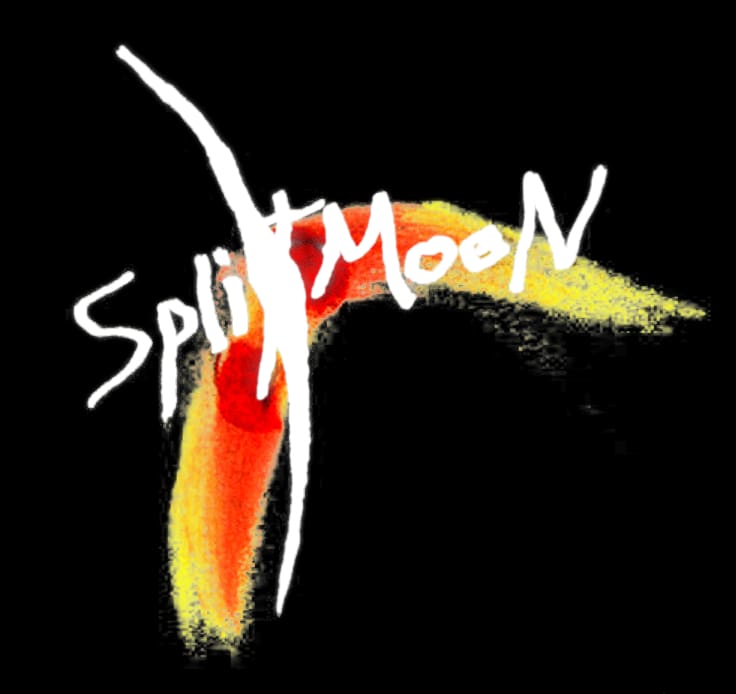“Parliament underlines the importance of keeping the memories of the past alive, because there can be no reconciliation without truth and remembrance and reconfirms its united stand against all totalitarian rule from whatever ideological background” European Parliament resolution on European conscience and totalitarianism 02.04.2009
It was our long held dream to stage DEMONS, Dostoevsky’s prophetic vision of the Russian Revolution, for the Centenary of the revolution in October 2017. With our own world increasingly on the crux of change DEMONS seemed alarmingly pertinent, depicting social upheaval, the spread of terror cells, populism, nativism, class division, not to mention child abuse and male suicide. With the rise of religious and political extremism the parallels seemed stark and one year on in 2018 its resonance has hardly diminished. Today, 23rd August, is the little known European Day of Remembrance for the victims of totalitarian and authoritarian regimes, perhaps an appropriate moment to look back on the production.
Our aim was to present the most dramatic scenes from this extraordinary, sprawling novel in an almost montage form. Peter’s script remained faithful to Dostoevsky’s language, with artistic license to jolt us into the present at specific moments. The main threads and characters were distilled and the suppressed chapter ‘Stavrogin’s Confession’ (the central character confesses to a priest of his abuse of a young girl) was stitched in like a vein pulsing through it.
We didn’t know where it would be performed until startlingly close to opening, but we knew it would be performed against all odds and opposition and in a revolutionary spirit. The potency of finally performing this spiritually questioning, philosophically charged piece in a working church was palpable. Not just performing it in a sacred space, but taking the audience on a journey through it, through the maze of St Leonard’s like stations of the cross. Travelling through the network of cells, the labyrinth of the character’s different ideologies, through nave, staircases, galleries, halls. With an expressionistic take to heighten reality and create a sense of the chaos and fervor building up the revolution, so the audience has an experience of this as in the novel.
Dostoevsky’s ‘tragic satire’ contains the paradox of his own life, his early radical involvement for which he was sentenced to death and reprieved at the last moment, to his more reactionary nationalist side. Perhaps that’s way it can be seen as both a study of the mindset of a terrorist and also as an indictment of the ‘raznochinets’.
The DEMONS are not the people but the ideologies that possess them and taken too seriously they become demonic. A provincial town goes off its hinges as radical and populist ideas are stoked by the nihilist Pyotr Verkhovensky. The character inspired by the revolutionary Sergie Necheav. We see how easily this could happen today when freedom of speech is a controversial issue, uncivil behavior dominates the public sphere and extreme voices silence the more moderate.
Divided and polarised times will produce divided and polarised responses, the media may not have been favorable but audiences were undeterred. It was an honour that Richard Pevear and Larissa Volokhonsky, renowned translators on whose translation our script was largely drawn from, came to a performance and met our whole team. We were proud to contribute two evenings connected with their own Revolution programmes – at Pushkin House on the first translation into English of “Stavrogin’s Confession” by Virginia Woolf and Samuel Koteliansky, published by the Hogarth Press, with all the rich subtext that offered. And at Calvert 22 on Sergie Necheav and the “Catechism of a Revolutionary” looking at its influence on DEMONS.
The final performance took place on 11th November 2017, which marked Dostoevsky’s birthday. The same day also saw the March of Independence by 60,000 far right neo-fascists in Warsaw.
“Parliament underlines that millions of victims were deported, imprisoned, tortured and murdered by totalitarian and authoritarian regimes during the 20th century in Europe; whereas the uniqueness of the Holocaust must nevertheless be acknowledged”.
‘Is it possible to believe in a demon, without believing at all in God’ – Stavrogin
